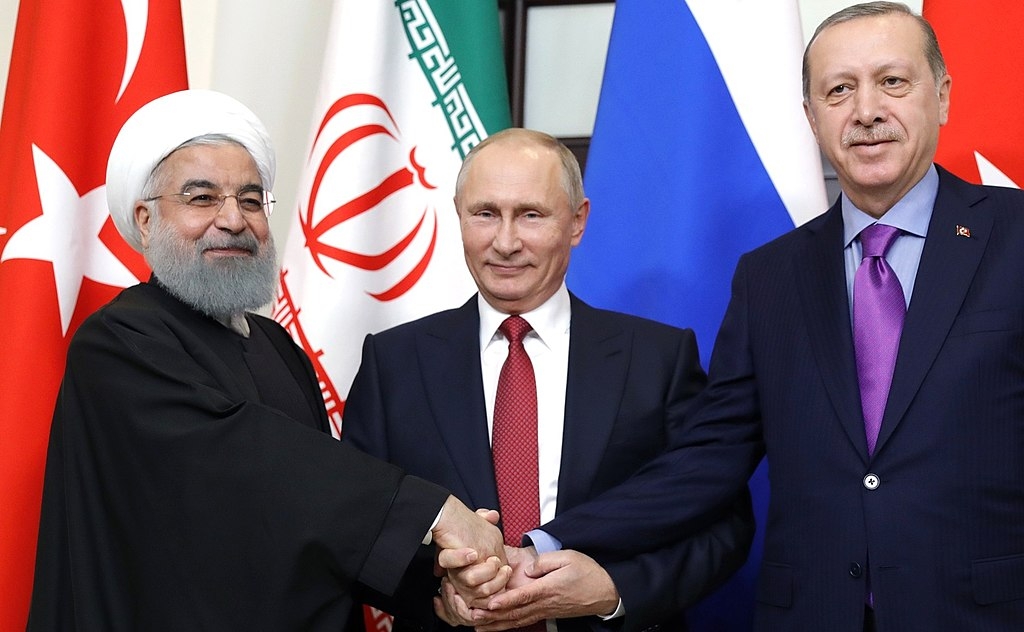Turkey's East-West Carpet Trading
by Burak Bekdil • December 19th
- In addition, Turkey is in talks with Russia to purchase a second batch of the S-400 system, including coproduction and technology transfer options. If the S-400 system is operated in Turkey, Moscow could find a built-in cyber backdoor to spy on NATO assets.
- Turkey's Islamist strongman, President Recep Tayyip Erdoğan, said in September that it was unacceptable for Turkey not to have its own nuclear weapons – although Turkey is a signatory to both the Nuclear Non-Proliferation Treaty and the Comprehensive Nuclear-Test-Ban Treaty.
- In 2016, Erdoğan said that Turkey did not need to join the European Union "at all costs" and could instead become part of the Shanghai Cooperation Organisation, a security bloc dominated by China, Russia and Central Asian nations
- Erdoğan thinks that he can forever benefit from the East-West divide by officially belonging to West but more-than-courting the East. He seems to love playing the Russia card to Americans and the America card to Russians. He should be led to understand that he cannot play this carpet trading game forever.

Turkey's strongman, President Recep Tayyip Erdoğan, thinks that he can forever benefit from the East-West divide by officially belonging to West but more-than-courting the East. Pictured: Erdoğan meets with Russian President Vladimir Putin and Iranian President Hassan Rouhani in Sochi, Russia, on November 22, 2017. (Image source: kremlin.ru)
While NATO, the North Atlantic Treaty Organization, celebrated its 70th anniversary on December 4, these days it is sitting on a different paradigm than it did since its birth in Washington DC in 1949. Three years later, in 1952, Turkey, along with its Aegean rival Greece, became a member.
In the 67 years since its membership, Turkey has moved from being a staunch ally defending Europe's southeast flank in the Cold War to being NATO's unresolved burden.
In nice, Kodak-moment speeches, optimists cite Turkey's unique geography, its airbases, it warehoused American nuclear weapons, its past in the alliance, its strategic presence in the Black Sea and Mediterranean Sea, its leverage on Muslim countries, a growing need to "keep the family together" and fear of losing Turkey -- especially to Russia.
No comments:
Post a Comment